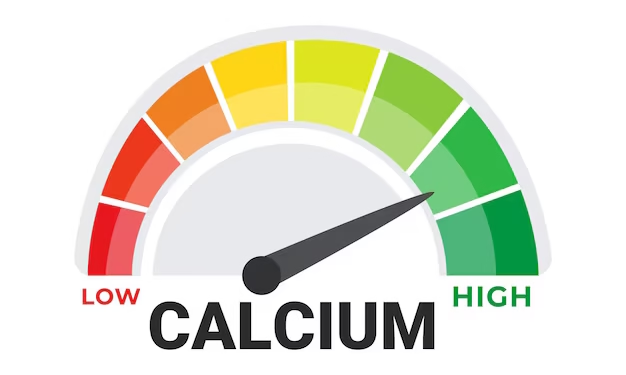The event, organized by PharmEvo, a local pharmaceutical company, saw the participation of medical experts and health professionals who lauded the initiative for shedding light on this pressing health concern.
The play illustrated the detrimental effects of calcium deficiency, including weakened bones, osteoporosis, and an increased risk of fractures, which can severely impact women’s ability to fulfill both household and professional responsibilities. It also highlighted the emotional and familial strain caused by these health challenges. Dr. Shaheen Zafar, a gynecologist, spoke to the audience, emphasizing that calcium deficiency is a critical issue for women in Pakistan. “Many women suffer from bone and joint issues without understanding the root cause. With appropriate calcium supplementation, these conditions can be managed effectively,” she remarked. She also pointed out that repeated pregnancies further deplete calcium levels, increasing the likelihood of fractures later in life. “A healthy mother is essential for a healthy family,” she urged, encouraging women to prioritize their health.
Major General Dr. Shehla Baqai, Dean of Bahria University, highlighted the widespread lack of awareness among women regarding their health. She explained that most women only realize they are calcium-deficient after suffering from fractures. “The regular consumption of soft drinks worsens the situation by interfering with calcium absorption. Women should opt for water or lassi with meals to enhance calcium intake,” she suggested. Dr. Shehla also stressed that over 75% of Pakistani women suffer from calcium deficiency due to poor eating habits and lack of awareness. She recommended a calcium-rich diet and supplements for young girls to prevent bone issues in the future. Additionally, she endorsed PharmEvo’s K-potentiated calcium supplements, which support bone health while reducing risks like kidney stones and atherosclerosis.
PharmEvo’s Director of Marketing, Mohsin Shiraz Ali, spoke about the company’s dedication to promoting holistic health. “Our vision is to create a healthy society, and through Chuna Lagake, we aim to raise awareness among women about the importance of calcium for their health,” he stated, emphasizing calcium’s role in preventing osteoporosis, a widespread condition among Pakistani women.
Dr. Sumbul Sahel, a professor at Ziauddin Hospital, praised the event’s initiative, stressing the need to educate young girls about calcium deficiency and its prevention. She suggested calcium-rich foods such as milk, yogurt, cheese, sesame seeds, bone marrow, leafy greens, almonds, soybeans, and shellfish. “Incorporating these foods regularly, along with supplements like PharmEvo’s K1000, can effectively address calcium deficiency,” she added. She also outlined symptoms of calcium deficiency, such as muscle cramps, frequent fractures, dental problems, tingling sensations, and fatigue.
The event highlighted the urgent need to tackle calcium deficiency among Pakistani women, stressing the importance of awareness, proper nutrition, and supplementation in improving bone health and overall well-being.




















![What Grade of Green Brought Pakistan’s Economy to Ruin? [Opinion]](https://qalamkahani.com/wp-content/uploads/2024/01/debt-360x180.jpg)

